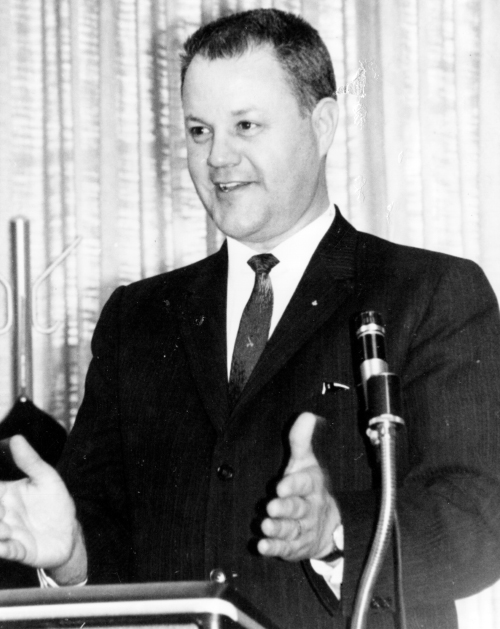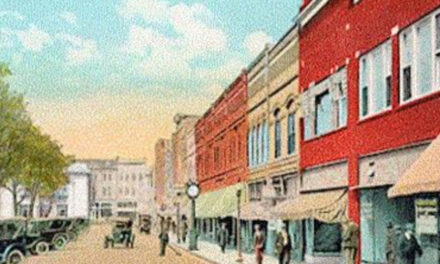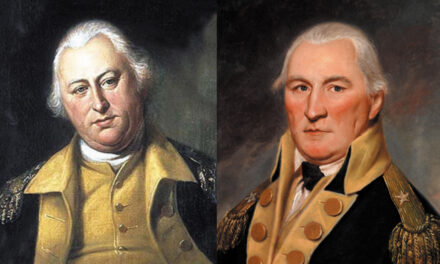
When Robert E. “Bob” Paap came to the campus of what would become Catawba Valley Community College, he found himself up to his ankles in mud. He was a finalist for the job of Director of the Catawba County Industrial Education Center. As he walked around the construction zone, he must have wondered if the building would be ready for fall classes.
Paap seemed to be everyone’s pick. State and national education officials told heads of the three school systems that Paap would be the perfect choice. If anyone could make a brand-new training school work on the outskirts of Hickory, it would be this Nebraskan, who earned his master’s degree in Colorado, and served as Assistant Director for Industrial Education in Michigan before he made the trek to North Carolina.

Robert E. Paap, 1965
Expectations were high for the new facility. Already, county commissioners spent over $400,000 to build it, and rumors flew that the center was designed to be easily converted into a factory if the school concept failed. Paap’s January 1960 visit was followed by his return on April 1 to accept the job. He immediately got down to business.
No one thought to provide Bob Paap with a desk, so he found his own at a local junk yard. He set up shop in Newton with two phone lines, one Southern Bell, the other Central Telephone (two separate phone networks in those days). He paid for stationary and stamps out of his own pocket. The new director worked long days, creating a school from scratch. Entrance requirements, hiring staff and faculty, developing the curricula for nine initial programs, construction of the building and securing equipment for student training were all in a day’s work.
He was once asked why he took such a demanding job. “The adventure, the challenge, the new experience and the nice people,” were all on his list of reasons. He got plenty of each as winter mud became summer dust. He delivered a raft of speeches to civic groups in the region, touting the advance in education that his school intended to provide. His remarks prompted various local businessmen to contribute. Nuzzom-Cross Chevrolet donated a new engine to help students in the auto mechanics program learn firsthand how to keep it running.
The Industrial Ed Center set September 5 as opening day. It came and went with no classes taught. The building was ready but not the programs which included air-conditioning and refrigeration, drafting, knitting and loom machine fixing, upholstery, and electrical technology were still not ready for students. Slots for instructors were still being filled, and Paap insisted that everything must be in order before the doors opened.
On Monday morning, September 26th at 8:30am, 15 students walked into an auto mechanics course, the first for the IEC. By the afternoon, other classes convened, and the hope of post-secondary vocational education had been realized in Catawba County.
A few weeks later, the school held an official dedication ceremony attended by Governor Luther Hodges and the head of the State Board of Education Dallas Herring who declared that North Carolina must bring about a “new day in education.” He admitted that “education is expensive,” but quickly added, “nothing is more expensive than ignorance.”
Bob Paap applauded and agreed. He intended his new school to do something about that.
If Catawba Valley Community College has impacted your life, as a student, instructor, or someone who sees the benefit of the institution to our area, please share your experience. Go to cvcc.edu/historyofcvcc to write a remembrance. We plan to debut the book next spring to coincide with the 60th anniversary of the school’s first graduating class.









